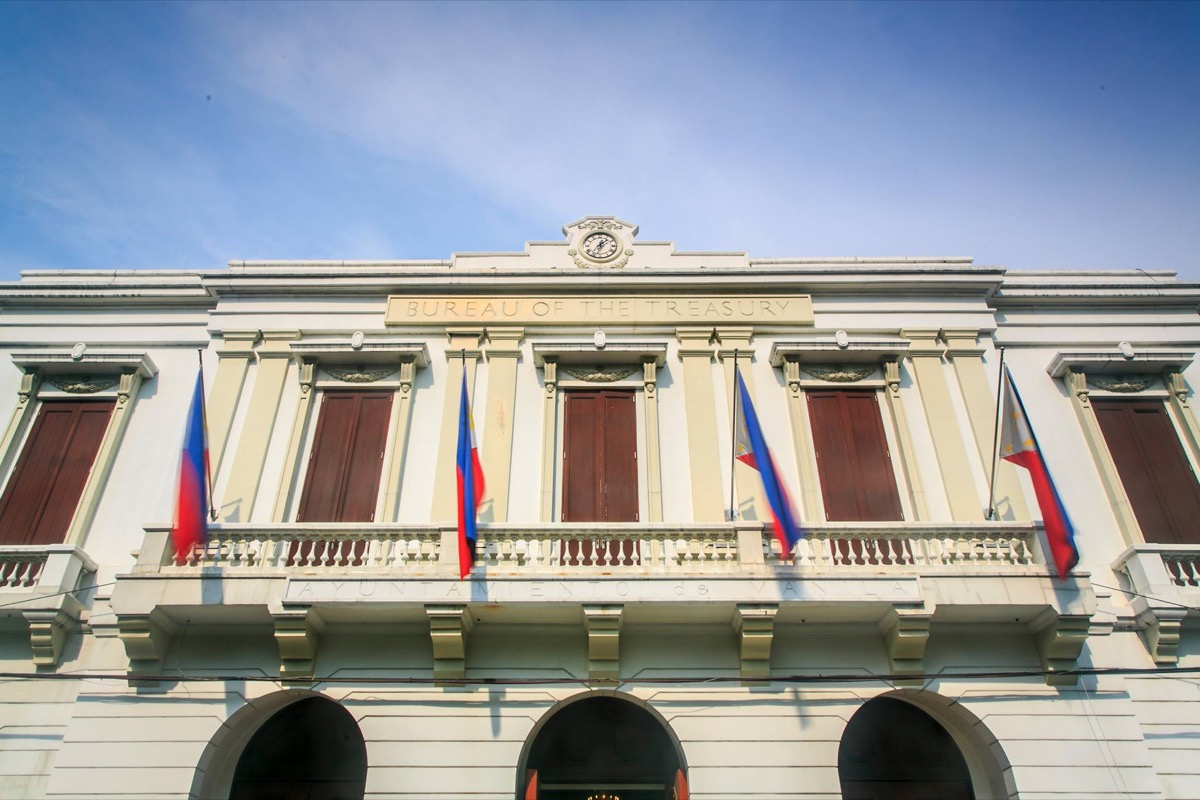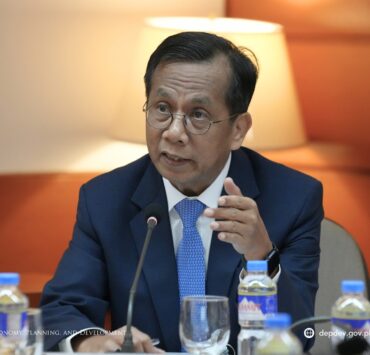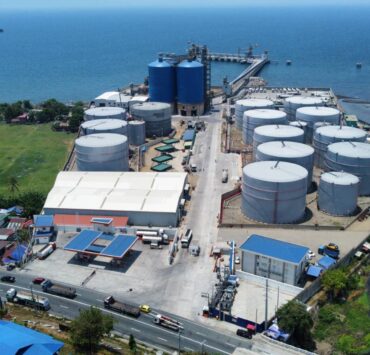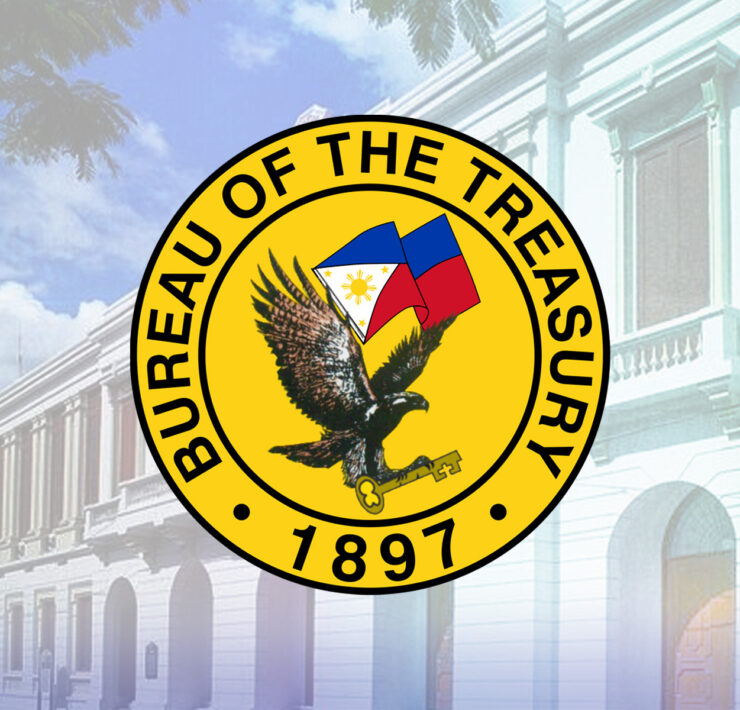Over P30B RTBs up for sale

The Marcos administration aims to raise at least P30 billion through the sale of five-year retail Treasury bonds (RTBs) to small investors this August, with the securities to be made available on mobile e-wallet GCash.
In a notice posted on its website, the Bureau of the Treasury (BTr) said holders of maturing RTBs—with due dates on Sept. 9, 2025, and Feb. 4 and Feb. 14, 2026—may exchange their existing bonds for the new securities, which will mature on Aug. 20, 2030.
The rate-setting auction is scheduled for Aug. 5, coinciding with the start of the public offering period, which will run until Aug. 15. Settlement is set for Aug. 20.
The Treasury said the interest rate for the RTBs––its 31st issuance—will be “based on current market levels of comparable securities.”
As of July 30, the benchmark yield for five-year debt securities in the secondary market stood at 5.935 percent.
The government may upsize the offering if there is robust demand for it.
Finance Secretary Ralph Recto previously said that the BTr may raise around P200 billion from the upcoming offering.
GBonds
RTBs have become one of the government’s go-to sources of local borrowings to help plug its budget hole, which is projected to hit P1.6 trillion this year, equivalent to 5.5 percent of gross domestic product.
At the same time, proceeds from the upcoming fundraising activity could help the government repay some of its old debts.
Data analyzed by the Inquirer showed that over P813 billion in outstanding T-bonds are falling due this year. And most of those retiring peso-denominated debts are RTBs amounting to P516.34 billion, which will mature in mid-August.
Small investors can buy RTBs for a minimum amount of P5,000. And they can now do that via GBonds platform, which was made available to GCash users starting July 25.
This could help retail investors contribute to the P2.6-trillion borrowing program of the Marcos administration for 2025.
The new platform allows fully verified users to access fixed-return government securities with a minimum investment of P500 and without any bank account requirement. Previously, potential investors needed to have a bank account and were often required to do a branch visit in order to invest in government bonds.




















